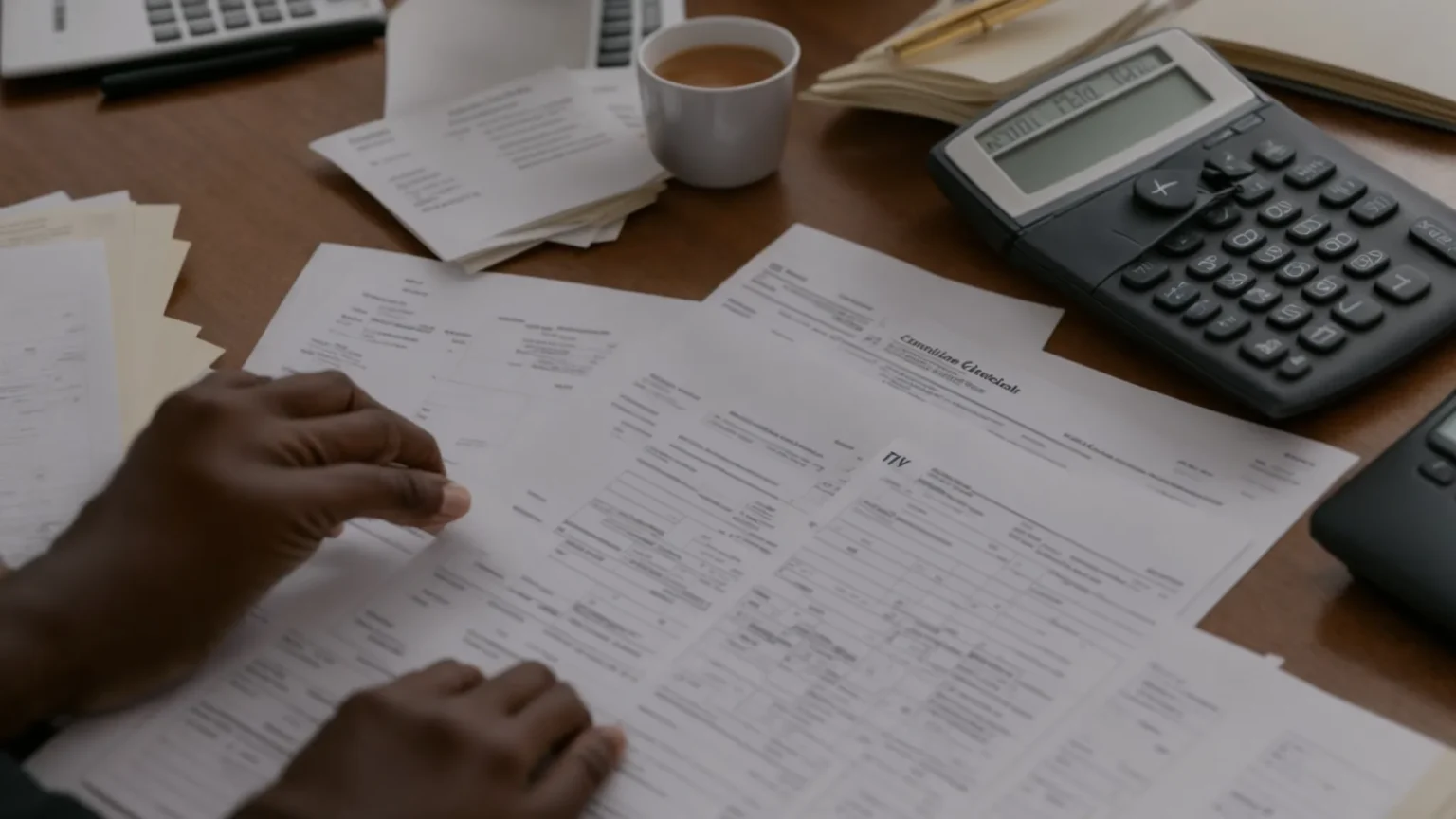Understanding Amended Tax Returns: When and Why to File
Filing an amended tax return can often seem daunting, especially if one is uncertain about when or why to take such a step. However, understanding the purpose and intricacies of amending a return can help alleviate any anxieties. It ensures that your tax records accurately reflect your financial situation, potentially leading to additional refunds or preventing future penalties. Below, we delve deep into the reasons, impacts, and procedures for amending tax returns, offering clarity and guidance in this complex process.
Understanding Amended Tax Returns: Purpose and Process

Amended tax returns are filed using Form 1040-X, and their primary purpose is to correct errors or omissions on an original tax return. Common corrections include changes in filing status, income, deductions, or credits. It’s important to recognize that the IRS may correct mathematical errors on a return without a formal amendment, but for substantive changes, an amended return is necessary.
The process of amending a tax return begins with a careful review of the original return to identify any inaccuracies. Once these are noted, taxpayers must gather the appropriate documentation to support the changes they are reporting. Whether it’s additional W-2 forms, receipts for deductions, or documentation for credits, having the correct paperwork is crucial for an accurate amendment.
After preparing Form 1040-X, it is essential to understand that the amended return must be filed on paper and mailed to the IRS, as electronic filing is not an option. This adds to the processing time. If you are asking, “My amended return says completed when will I receive the check,” it’s important to understand that it can take up to 16 weeks or more.
It is also essential to understand that amending a tax return doesn’t extend the original deadline for payment. If you owe additional taxes, paying them as soon as possible can help avoid accruing interest and penalties. Conversely, if you’re due a refund, the IRS will pay interest on the amount from the original due date of the tax return or the date you paid the tax, whichever is later.
Common Reasons for Filing an Amended Tax Return

Numerous scenarios can lead to filing an amended tax return. One common reason is discovering an error in the taxable income reported. This could be failing to report all taxable income or incorrectly reporting earnings from investments or additional sources. Such discrepancies can have significant implications for tax liabilities and potential refunds.
Another prevalent cause is realizing after the fact that you qualify for a deduction or credit you initially didn’t claim. This could be anything from educational credits to deductions for charitable contributions. By amending the return, taxpayers can take advantage of these benefits, potentially reducing their overall tax bill.
Life changes such as marriage, divorce, or the birth of a child can also necessitate amendments. They can alter one’s tax situation significantly, affecting filing status and eligibility for certain tax benefits. Moreover, if the IRS sends you a notice following an audit that you disagree with, filing an amended return can be the first step in addressing this dispute.
Occasionally, taxpayers may make strategic decisions to amend a return. For instance, if a mistake is uncovered that would lead to a large penalty, amending the return voluntarily may reduce the severity of the IRS’s consequences. The willingness to correct errors is often viewed more favorably than waiting for the IRS to discover them.
Timelines and Deadlines: Knowing When to Amend
Strict IRS guidelines govern the timing of filing an amended return. Generally, you have a three-year window from the date you filed your original return or two years from the date you paid the tax, whichever is later, to submit an amendment. However, there are exceptions, including instances of bad debt or worthlessness of securities, which may provide longer time frames.
Understanding these deadlines is crucial because attempting to file an amendment outside these time limits could result in the IRS rejecting your changes. When you anticipate a refund, timing is even more critical because if the statute of limitations expires before you file, you may forfeit your right to the refund.
Altogether, amending a tax return is a substantial move that can have a pronounced effect on your tax situation. Proper adherence to the guidelines and timelines will ensure the process is as smooth and beneficial as possible. Understanding the why, when, and how of filing an amended tax return mitigates its complexities and turns it into a manageable task handled with confidence.





